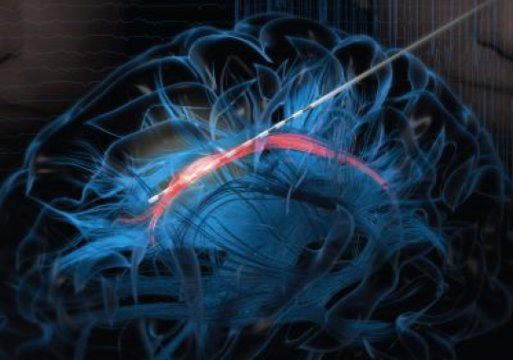While wisdom is closely linked to improved health and well-being, its role and impact among persons with schizophrenia, possibly the most devastating of mental illnesses, is not known. In a new paper, publishing February 14, 2019 in Schizophrenia Research, researchers at University of California San Diego School of Medicine report that, on average, persons with schizophrenia (PwS) obtained lower scores on a wisdom assessment than non-psychiatric comparison participants (NPCPs), but that there was considerable variability in levels of wisdom. Nearly one-third of PwS had scores in the “normal” range, and these…
Read MoreCategory: Brain
Learning new vocabulary during deep sleep
Sleeping time is sometimes considered unproductive time. This raises the question whether the time spent asleep could be used more productively — e.g. for learning a new language? To date sleep research focused on the stabilization and strengthening (consolidation) of memories that had been formed during preceding wakefulness. However, learning during sleep has rarely been examined. There is considerable evidence for wake-learned information undergoing a recapitulation by replay in the sleeping brain. The replay during sleep strengthens the still fragile memory traces und embeds the newly acquired information in the…
Read MoreLaughter may be best medicine — for brain surgery
Neuroscientists at Emory University School of Medicine have discovered a focal pathway in the brain that when electrically stimulated causes immediate laughter, followed by a sense of calm and happiness, even during awake brain surgery. The effects of stimulation were observed in an epilepsy patient undergoing diagnostic monitoring for seizure diagnosis. These effects were then harnessed to help her complete a separate awake brain surgery two days later. The behavioral effects of direct electrical stimulation of the cingulum bundle, a white matter tract in the brain, were confirmed in two…
Read MoreHow the brain responds to texture
Our hands and fingertips are amazingly sensitive to texture. We can easily distinguish coarse sandpaper from smooth glass, but we also pick up more subtle differences across a wide range of textures, like the slick sheen of silk or the soft give of cotton. Information about texture is transmitted from sensors in the skin and through the nerves to the somatosensory cortex, the part of the brain responsible for interpreting the sense of touch. New research by neuroscientists at the University of Chicago shows that as neurons in this part…
Read MoreNew molecules reverse memory loss linked to depression, aging
New therapeutic molecules developed at Toronto’s Centre for Addiction and Mental Health (CAMH) show promise in reversing the memory loss linked to depression and aging. These molecules not only rapidly improve symptoms, but remarkably, also appear to renew the underlying brain impairments causing memory loss in preclinical models. “Currently there are no medications to treat cognitive symptoms such as memory loss that occur in depression, other mental illnesses and aging,” says Dr. Etienne Sibille, Deputy Director of the Campbell Family Mental Health Research Institute at CAMH and lead scientist on…
Read More




